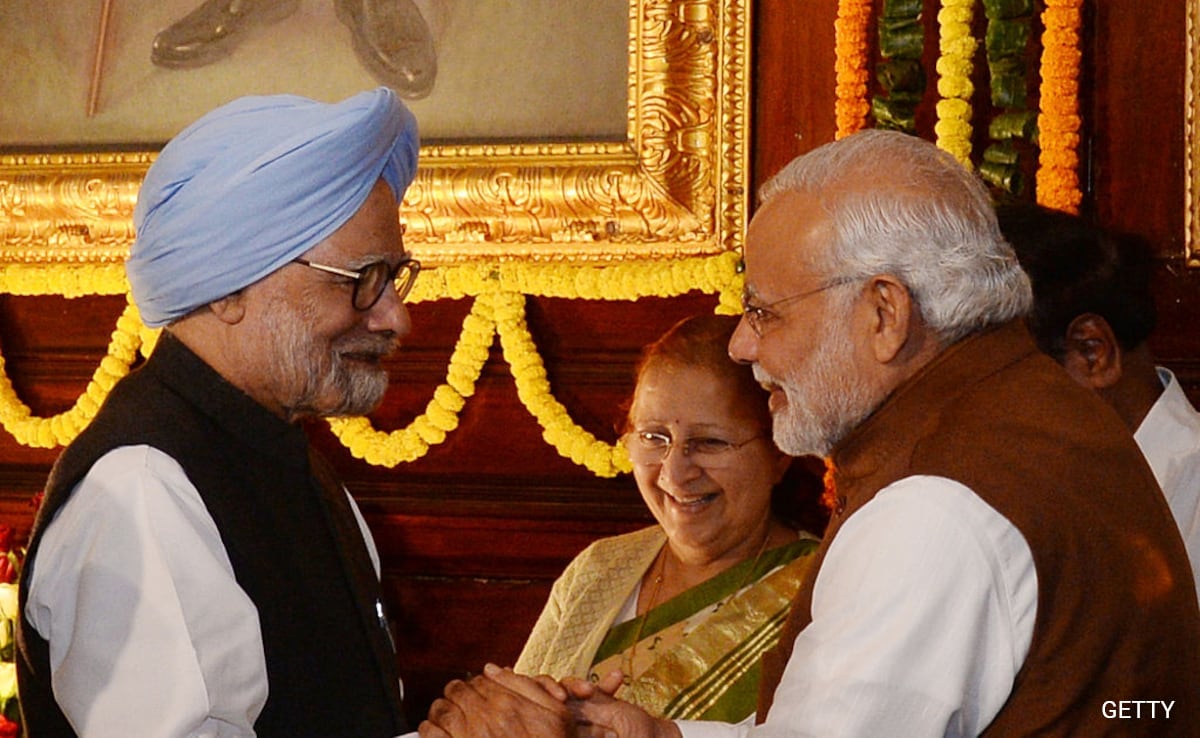A report on menstrual hygiene management in India released on Monday found that girls are “fearful” of using school toilets during menstruation owing to lack of water, soap, sanitation and due to missing doors.
According to the report by NGO Sulabh International, the fear provokes absenteeism from schools during their menstrual cycle.
“It emerges from our findings that distance from home to school is not as big a deterrent for girls to miss school as is lack of menstrual hygiene management facilities,” it said, adding that it is a “forced choice” for school girls to stay at home during their menstrual cycle.
“If school girls do not get regular menstrual hygiene material such as pads, they find it safer to stay at home. It is a forced choice when young girls choose security, privacy and safety of their home to manage their periods over the dismal absence of sanitation and menstrual hygiene management facilities in schools,” the report said.
Data collected during the survey indicate that girls are “fearful of using school toilets during menstruation owing to lack of water, soap, sanitation as well as missing doors, taps and even missing dustbins”.
“This provokes absenteeism from schools during periods, which implies that for up to 60 days in a school year, a menstruating girl is either unable to attend classes or goes half-heartedly, feeling ill-at-ease,” the report by Sulabh International said.
According to the NGO, the study was conducted in 14 districts of Assam, Bihar, Chhattisgarh, Haryana, Maharashtra, Odisha, and Tamil Nadu involving a sample size of 4,839 women and girls in 22 blocks and 84 villages covering diverse ethnicities in the country’s remote areas.
The report suggested that community toilets as well as toilets in workplaces with washing areas, bathing cubicles and running water must be provided.
“If all toilets are more menstrual hygiene management friendly and safe in terms of sanitary dignity and security to change and dispose of menstrual hygiene products, then women and girls can achieve more robust participation in education and employment.
“Schools should be provided with separate toilets for girls with running water through tap connection and proper storage tanks,” the report suggested.
It further suggested that toilets in homes, public places and workplaces should be properly constructed with regular water supply.
The report stated that community and family-based taboos, alongside patriarchal constraints such as lack of disposable income, have a constrictive influence on a woman’s menstrual hygiene management.
“Our data indicates that taboos, myths and social norms on menstruation across many cultures in India are restrictive enough on their own, but when these intersect with a lack of woman’s financial independence, then her dignity and voice over her menstrual health and wellbeing stands compromised,” the report said.
According to the findings of Sulabh International, around seven per cent of women prefer to skip consulting doctors for intimate health issues related to menstruation, while 17 per cent said medical help was far away and more than 91 per cent of women said there are lack of female doctors.














